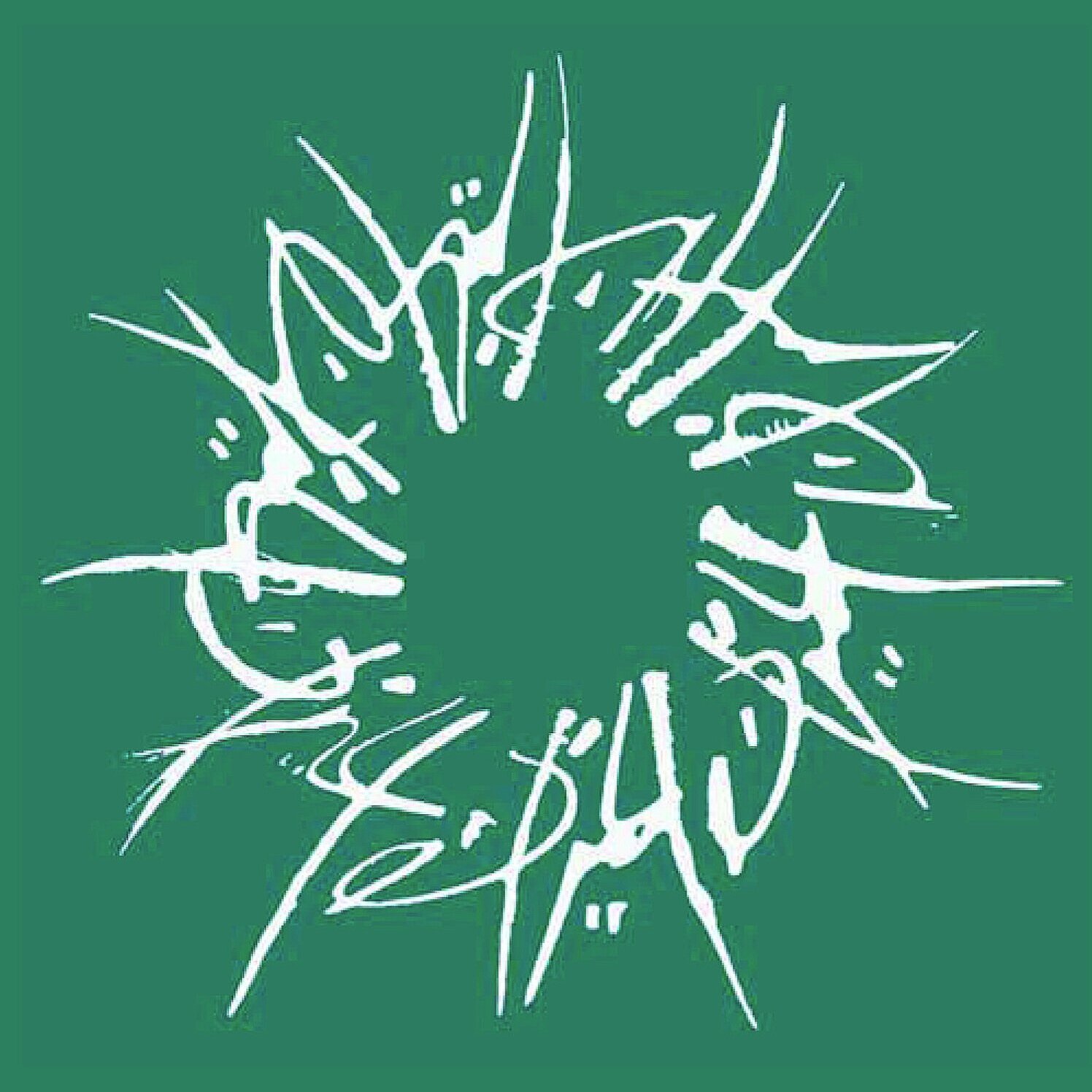25.1 Relative clauses are formed with the following relative pronouns
(i.e. who, which etc):
|
|
M
|
F
|
|
Sng.
|
ዘ-
|
እንተ
|
|
za-
|
ənta
|
|
Pl.
|
እለ
|
|
əlla
|
ሞተ፡ንጉሥ፡ዘሐነጸ፡ሀገረ።
mota nəguš za-hanaṣa hagara.
The king who built the city died
ሞተት፡ንግሥት፡እንተ፡ሐነጸት፡ሀገረ።
motat nəgəšt ənta hanaṣat hagara.
The queen who built the city died.
ሞቱ፡ንጉሥ፡ወንግሥት፡እለ፡ሐነጹ፡ሀገረ፡።
motu nəguš wa-nəgəšt əlla hanaṣu hagara.
The king and queen who built the
city died.
You’ll notice that the masculine singular relative pronoun is written as a
proclitic. It is used frequently like a preposition marking a genitive
relationship, especially in cases where a construct cannot be made due to an
adjective, suffix or proper names.
ስም፡ቅዱስ፡ዘነቢይነ፡ዮሐንስ።
səm qəddus za-nabiyna
yoḥannəs.
The holy name of our prophet is
John.
ዴገንዎ፡እምጋሊላ፡ዘአሕዛብ።
deganəwwo əm-gālilā za-aḥzāb.
They chased out of
the Galilee of the Gentiles.
ተወለደ፡በቤተልሔም፡ዘይሁዳ።
tawalada ba-betalḥem za-yhudā.
He was born in the Bethlehem of
Judah.
25.2: Similar to Arabic, when the relative pronoun marks a direct
object, the verb (usually) takes on a resumptive pronoun. The same is true for
when a relative pronoun is in a prepositional relationship i.e. whose, to whom,
of which etc.
ነቢይ፡ዘቀተልዎ፡ተነበየ፡በሀገርየ።
nabiy zaqataləwwo tanabbaya
ba-hagarya.
The prophet whom they killed
prophesied in my city.
ብእሲት፡እንተ፡ርእያ፡ሞተት።
bə’sit ənta
rə’yā motat.
The woman whom he saw died.
ካህናት፡እለ፡ስሞሙ፡ቅድመክሙ፡ህየ፡ውእቱ።
kāhnāt əlla
səmomu qədmakəmu həyya wə’ətu.
The priests whose names are before
you are here.
ስመ፡ሀገር፡ዘሐነጹ፡ወስቴታ፡ሀይከሎሙ፡ኢየሩሳሌም፡ይእቲ።
səma hagar zahanaṣu
wastetā haykalomu iyarusālem yə’əti.
The name of the city in which they
built their temple is Jerusalem.
25.3: Relative clauses frequently
appear as nominal units.
ዘቀተለ፡ተሠቀየ።
za-qatala tašaqqaya.
The-one –who-killed (i.e. the killer) suffered.
ስመ፡እንተ፡ሰበሕዋ፡አርዳሚስ፡ይእቲ።
səma ənta
sebbeḥəwwā ardāmis yə’əti.
The name of the-one-whom they-worshipped-her
(i.e. their goddess) is Artemis.
ዴገኑ፡እለ፡ነበሩ፡በምድር።
Deganu əlla
nabaru ba-mdər
They persecuted the-ones-who-lived (i.e. the locals) in the land.
25.4: Relative pronouns can also function as absolute nouns on their
own and form the first part of a construct.
ርእዩ፡እንተ፡ዮሐንስ፡በቤታ።
rə’yu ənta yoḥannəs ba-baytā
They saw she-of John (i.e. John’s
wife) in her house.
እለ፡አጋንንት፡መጽኡ፡ለቤተ ክርስቲያን።
əlla agānənt maṣ’u la-beta krstiyān
They-of demons (i.e. the possessed) came to the church.
ዝብእሲ፡ዘሰገል፡ውእቱ።
za-bə’əsi za-sagal wə’ətu
This man is he-of divination (i.e.
a diviner)
25.5: The relative pronoun of time is “አመ” (ama) i.e. “when” in the
non-interrogative sense. It can appear as a preposition, a conjunction or a
relative adverb. The relative pronoun of
place is “ኀበ”
(xaba) i.e. “where” in the non-interrogative sense.
አመ፡ቦእክሙ፡ቤት፡ኀበ፡ነበረ፡ኢረከብክምዎ።
ama bo’əkəmu beta xaba
nabara irakabkəməwwo?
When you entered the
house where he lived, you did not find him?
ጐየት፡እምኀበ፡ዴገንዋ፡ወሮጸት፡እስከ፡አመ፡በልሐክዋ።
gʷayyat əm-xaba
deganəwwā wa-roṣat əska ama balḥakəwwā.
She fled from where the persecuted
her and she ran until the-time-when I saved
her.
ዝመካን፡ይእቲ፡ኀበ፡መሀርነ፡ቶማ፡ዋንጌል፡ዘእግዚእነ፡አመ፡ሀለውነ፡ደቅ።
ze-makān yə’əti xaba maharna tomā wāngel za-əgzi’əna ama hallawna daqq.
This is the location where Thomas
taught us the gospel of our Lord when we
were children.

